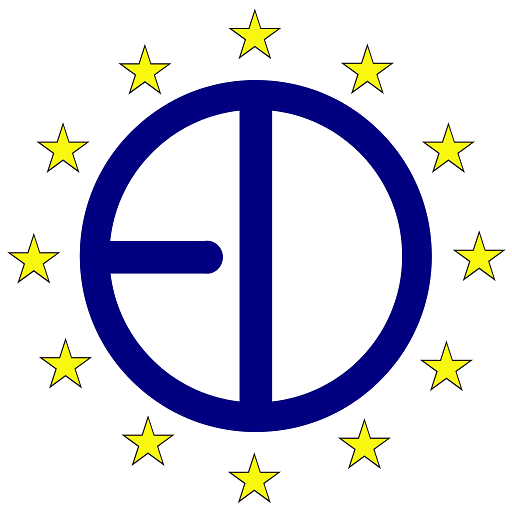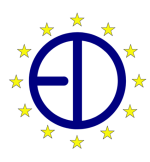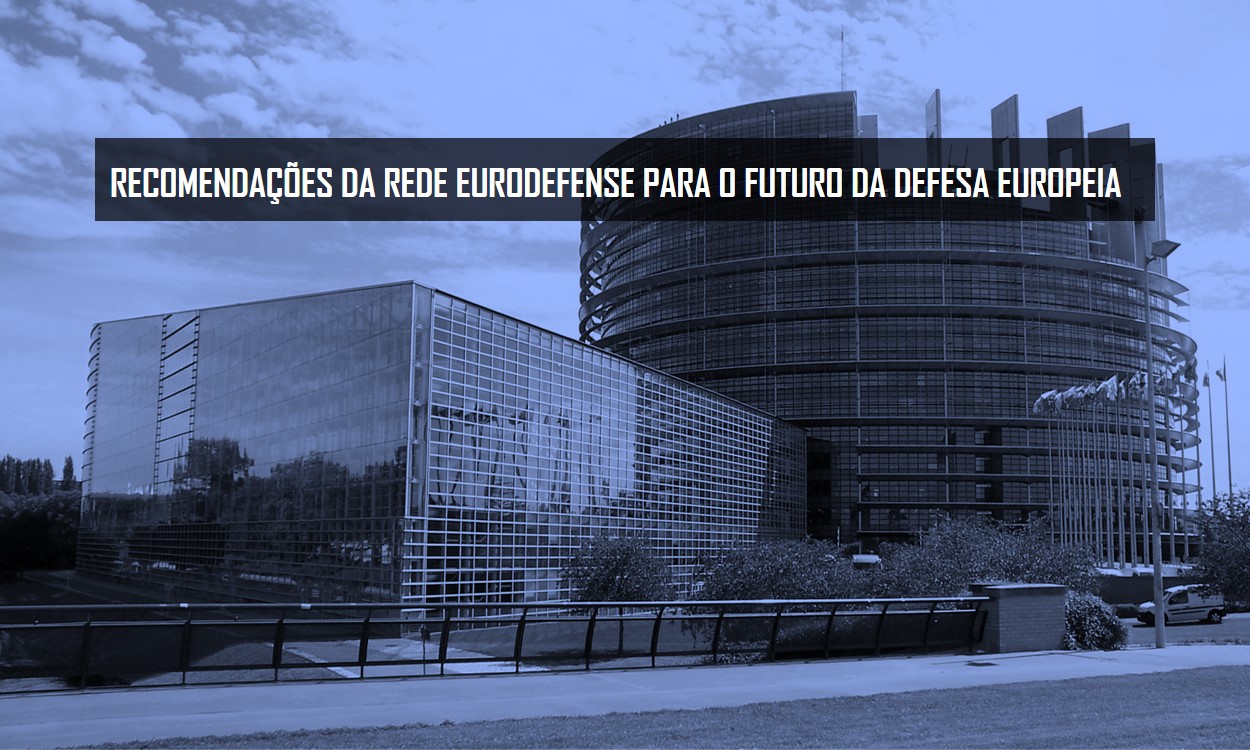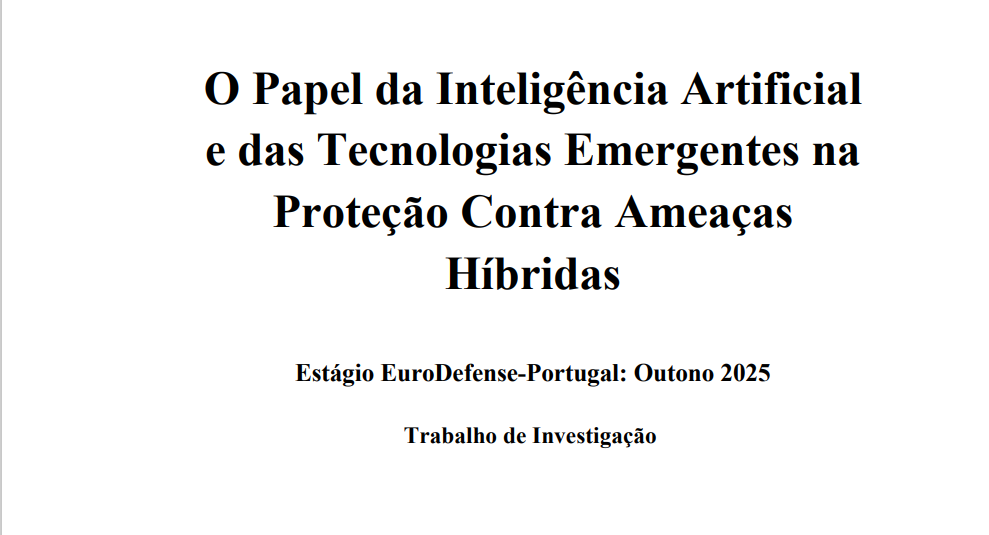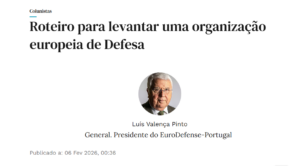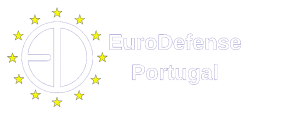October 28nd, 2020
Summary: Policy Proposal on EU defence
EURODEFENCE Working Group 27 was established to “prepare a Policy Proposal to be submitted by EURODEFENCE to the security- and defence-related EU institutions such as the EU Council, the Commission and the EU Parliament” and formulate a concept for the development of the EU defence organisation within the present legal framework and given present political realities. Internal EU developments, the COVID-19 pandemic as well as geopolitical changes have created a sense of urgency for this mission. “Strategic autonomy” requires the EU to defend itself against a wide variety of threats and to develop capabilities and capacities complementary to the existing capabilities of Member States and NATO. The EU defence organisation must be able to act as a symbol of EU unity and resilience both externally and internally. Experience has shown that pooling and sharing of national capabilities are not enough for the credibility of EU defence. The European Union should have defence capabilities able to fill the gap between answering immediate threats and combined operational action by member states. This will require strengthening the current EU defence organisation with:
- relatively limited, but highly qualified common first response capabilities,
- the capacity to define areas where there is a need for common EU capacities
- a permanent EU Command structure capable of defence and operational planning and of conducting simultaneous operations, including the most demanding (art.42-6 of the Lisbon Treaty)
In this concept Member States voluntarily make available specific national defence capabilities through a stand-by commitment and commit to gradually adapt, align and sometimes integrate national capabilities to overall EU defence requirements. In order to implement this concept, political, legal, organisational and operational aspects will have to be dealt with. This Policy Proposal deals with several of these aspects such as the current constraints of the required unanimous decision by the EU Council in Defence matters. It also considers the necessary further development of the EU Global Strategy, the Common Foreign and Security Policy and the Common Security and Defence Policy as the basis of EU defence action. Defence operations will have to be in accordance with an EU military doctrine that has to be established. All these steps and the related decision-making processes within the EU will have to comply with the articles of the Lisbon Treaties.
New decision levels will have to be created such as a Defence Council and an EU Security Council. In specific areas, new rules will have to be established for a wider use of the Qualified Majority Voting (QMV). The present EU defence organisation will have to be adapted and modified to organise, command and supervise both operational defence units and supporting units for activities such as planning, recruitment, training, research and development and production. The functioning of the EU defence organisation must meet European democratic standards of transparency and parliamentary decision making and supervision. This evolution should be conducted under the responsibility of the High Representative/Vice President (HR/VP). Although an enormous amount of work has to be done before all aspects of this policy paper have been covered, EURODEFENCE is presenting this EU defence concept as a realistic basis for a gradually growing EU defence capability on the basis of the voluntary cooperation and contributions of the Member States.
Ver o Documento completo:
RECOMMENDATIONS ON EU DEFENCE – EURODEFENSE POLICY PROPOSAL ![]()
